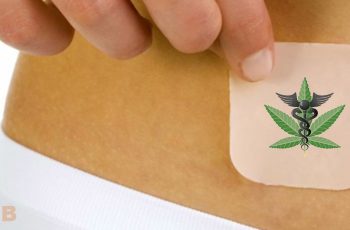
If you’re considering getting botox injections, you probably want to make sure you do everything possible to ensure a successful treatment. However, there are some things you should avoid doing after your injections. This blog post will discuss things you should avoid to get the most out of your botox treatment.
What is Botox?
Botox is a neuromodulator that is derived from the bacterium Clostridium botulinum. When injected into the skin, it works by blocking nerve signals that tell the muscles to contract. This relaxing of the muscles can temporarily reduce the appearance of wrinkles and fine lines. It can also slim down larger body areas like the thighs or stomach.
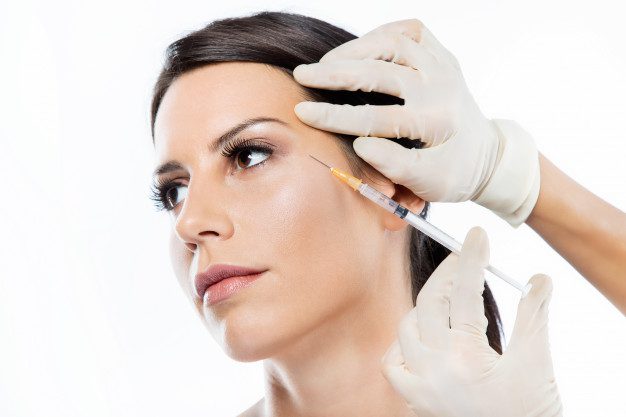
Is There Anything I Should Not Do After Botox?
Avoid Alcohol for 24 Hours
Alcohol can thin your blood and increase the chances of bruising and swelling. So, avoiding alcohol for at least 24 hours after your injections is best. If you must drink alcohol, be sure to do so in moderation and always proceed cautiously.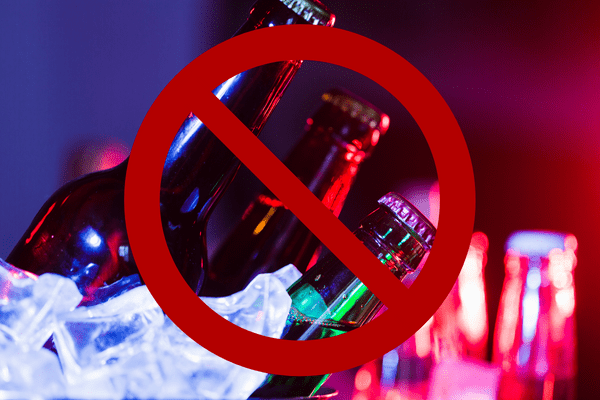
Don’t Massage the Injection Sites
It may be tempting to massage the injection sites after your treatment, but this can cause the Botox to spread to other muscles and cause unintended side effects. So, resist the urge to massage the injection sites and let the Botox work its magic.
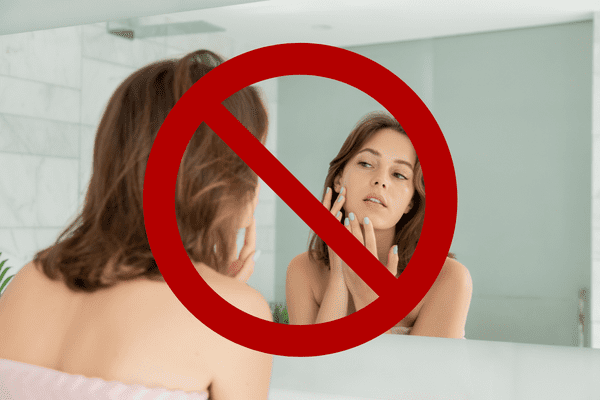
Don’t Lie Down for Four Hours After Treatment
You must stay upright for the first four hours after your treatment to avoid spreading Botox. This means no lying down, no napping, and no exercise. Just take it easy and let Botox do its thing!

Avoid exposure to heat for 24 hours after treatment
Exposure to heat—whether from the sun, a sauna, or a steam room—can cause Botox to spread too quickly and cause side effects. So, it’s best to avoid heat exposure for at least 24 hours after treatment. If you must go out in the sun, wear sunscreen and a hat to protect your skin.

Avoid strenuous exercise
Exercise can increase swelling and bruising at the injection site, so it’s important to avoid strenuous exercise for at least 24 hours after your treatment. Gentle walking is fine, but avoid running, lifting weights, or any other strenuous activity during this period.

Don’t Touch Your Face Too Much
Lastly, you must resist the urge to touch or rub your face too much after treatment. This can cause Botox to spread and cause unintended side effects such as drooping eyelids or a Temporary paralysis of facial muscles (puffy eyes). So, leave your face alone and let Botox work its magic!
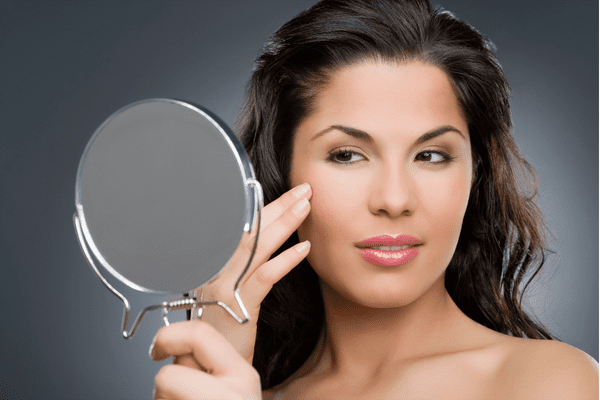
Can You Wash Your Face After Botox?
It is perfectly fine to wash your face after botox! Dermatologists recommend it. Washing your face gently with a mild cleanser and cool water can help reduce any redness or swelling after getting botox injections. Moreover, washing your face can help keep your skin clean and free of any bacteria or dirt that could cause an infection.
However, you should avoid exfoliating your skin or using harsh skincare products for at least 24 hours after getting botox injections. Exfoliating or using harsh products can irritate your skin and cause further redness and swelling. Ask your dermatologist for guidance if you have questions or concerns about washing your face after botox.

Can You Put Makeup On After Botox?
Yes, you can put makeup on after getting botox injections—but again, there are a few things you need to keep in mind:
- Wait at least four hours before applying makeup, so the product has time to set.
- Use oil-free makeup products so your skin doesn’t get too greasy; this can cause breakouts.
- Be sure to apply makeup gently; avoiding the injection sites entirely is best but if that’s not possible, use a light hand when applying foundation and concealer.
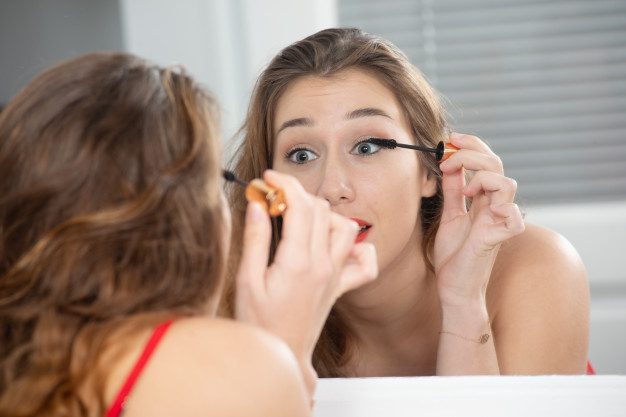
How Soon After Botox Can I Exercise?
It’s generally safe to exercise after getting Botox injections, but you should avoid strenuous activity for at least 24 hours, says dermatologist Costel Baduroglu, MD. “This gives the product time to settle into place,” he explains. In addition, exercise can cause sweating, which could cause the toxins to spread to other areas of your body.
Exercises to avoid after Botox
- Strenuous exercise, such as running or lifting weights
- High-impact sports, such as basketball or soccer
- Exercise that causes excessive sweating, such as hot yoga or spin class
If you must work out immediately post-Botox, stick to low-impact exercises like walking, yoga, or light weightlifting. Make sure you don’t put too much pressure on your face while doing them. And be extra careful when touching your face afterward — even if it doesn’t hurt — since pressure and movement could cause the toxin to spread elsewhere on your face.
How Soon Can I Return to My Normal Exercise Regime?
It depends on a few factors, including the type of exercise you’re planning on doing, the amount of botox you’ve had, and how quickly your body heals. Generally speaking, however, you should wait at least 24 hours after receiving botox before exercising. This gives the botox time to settle into your muscles and start working its magic.
If you’re planning on strenuous exercises, such as running or weightlifting, it’s best to wait at least 48 hours after receiving botox. This will give your body ample time to heal and reduce the risk of bruising or swelling.

Is There Any Food or Drink I Should Avoid After Botox?
After getting botox, avoiding alcohol for at least 24 hours is essential. This is because alcohol can thin your blood, which can cause bruising.
Foods you should avoid in the 24-48 hours after getting Botox injections:
- Citrus fruits: Eating citrus fruits can increase your risk of developing bruising at the injection site.
- Vitamin E: Vitamin E can thin your blood and make bruising more likely. You should avoid taking vitamin E supplements and eating foods high in vitamin E (such as leafy green vegetables) for at least 24 hours after getting Botox.
- Fish: Fish like salmon, tuna, mackerel, and herring contain omega-3 fatty acids, which can thin your blood and make bruising more likely. You should avoid eating fish for at least 24 hours after getting botulinum toxin injections.
- Chips: Avoid foods high in sodium, as this can also lead to bruising and swelling. So, while that salty bag of chips may be tempting, it’s best to resist the urge.
You’ll generally want to stick to a healthy diet after getting botox. This means plenty of fruits, vegetables, and whole grains. Eating healthy will help your body heal faster and promote healthy skin.

Tell Me the Risk of Botox?
Risk #1: Infection
One of the risks involved with any injection is the possibility of infection. This risk is relatively low with Botox, but it’s still important to be aware of. Botulism poisoning can lead to paralysis and even death.
Risk #2: Allergic Reactions
Another possible risk of Botox is an allergic reaction. While this is relatively rare, it can still happen. Symptoms of an allergic reaction include itching, redness, swelling, and difficulty breathing. If you experience these symptoms after a Botox injection, seek medical attention immediately.
Risk #3: Nerve Damage
In rare cases, Botox injections can cause nerve damage. This can lead to muscle weakness, difficulty speaking, and difficulty swallowing. If you experience these symptoms after a Botox injection, seek medical attention immediately.
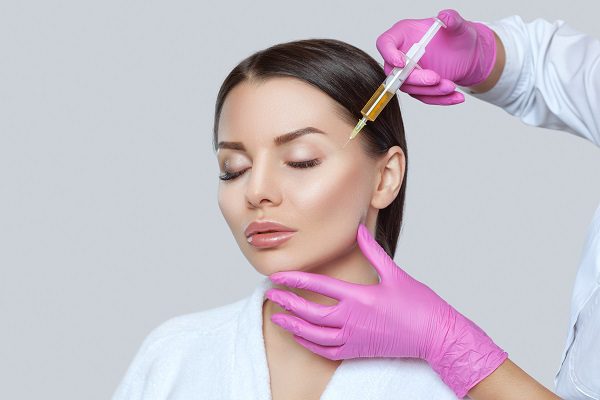
Can I Keep Having Anti-wrinkle Injections?
The experts are divided on this one. Some dermatologists believe that there is no reason why you can’t keep getting botox injections indefinitely, as long as you are happy with the results and aren’t experiencing any adverse side effects. However, other professionals believe that taking a break from botox every few years is essential to give your skin a chance to recover.
No medical evidence supports either claim, so it ultimately comes down to personal preference. Suppose you are considering getting botox for the first time. In that case, it is important to consult a board-certified dermatologist or plastic surgeon who can help you make an informed decision about whether or not it is right for you.
Here are some of the things you need to consider when deciding how long to keep having botox injections:
- The severity of your wrinkles: If you have deep wrinkles, you may need to have more frequent botox injections than someone with only mild wrinkles.
- The area of your face being treated: The injectable areas will determine how often you need treatments. Larger areas like the forehead may require more frequent treatments than small areas like the crow’s feet.
- Your age: Younger patients usually don’t require as many treatments as older patients. This is because the aging process speeds up wrinkle formation.
- Your skin type: People with oily skin tend to form wrinkles earlier than those with dry skin. This is because the oil in the skin breaks down collagen and elastin, which leads to wrinkles.
- Your lifestyle: People who smoke or spend time in the sun are more likely to form wrinkles earlier than those who don’t. This is because smoking and sun exposure damages the skin cells and collagen.

Can I Sleep After Botox?
First, you should avoid lying down for at least four hours after having botox. This is because lying down can cause the botox to spread to other muscles in your face, which is not the desired effect. So, if you can, stay upright for those first four hours. That means no naps, no lying down on the couch to watch TV, etc. Just stay upright!
After those first four hours have passed, you can (and should) go ahead and lie down for a good night’s sleep. Just make sure to use a pillow that elevates your head slightly. This will help keep the botox where it’s supposed to be and prevent it from spreading. And that’s it! Now you can rest easy knowing that you won’t accidentally ruin your botox while you sleep.

Are There Any Exceptions?
There are a few exceptions to this rule. For instance, if you’re getting injections in your forehead, it’s fine to lie down right after because the muscles in that area are not connected to any other muscles in your body. The same goes for injections in your crow’s feet area (the wrinkles around your eyes).
Can I Fly Directly After Botox Injections?
You should generally wait at least 24 hours after getting botox injections before flying. This gives the botulinum toxin time to work its way into your system and start relaxing your muscles. If you fly too soon, you risk disrupting the process and not seeing the full results of your procedure.
What If I Need to Fly sooner than 24 Hours After Getting Botox?
If you absolutely must fly within 24 hours of getting botox, you can do a few things to minimize the risk of side effects.
- First, be sure to drink plenty of water both before and after your treatment. This will help keep your skin hydrated and may help reduce any swelling.
- Second, avoid wearing any tight clothing over the treated area. A tight dress can pressure the injection site and cause the botox to spread.
- Third, try to take a direct flight if possible. Connecting flights with layovers put you at greater risk for exposure to pressure changes.
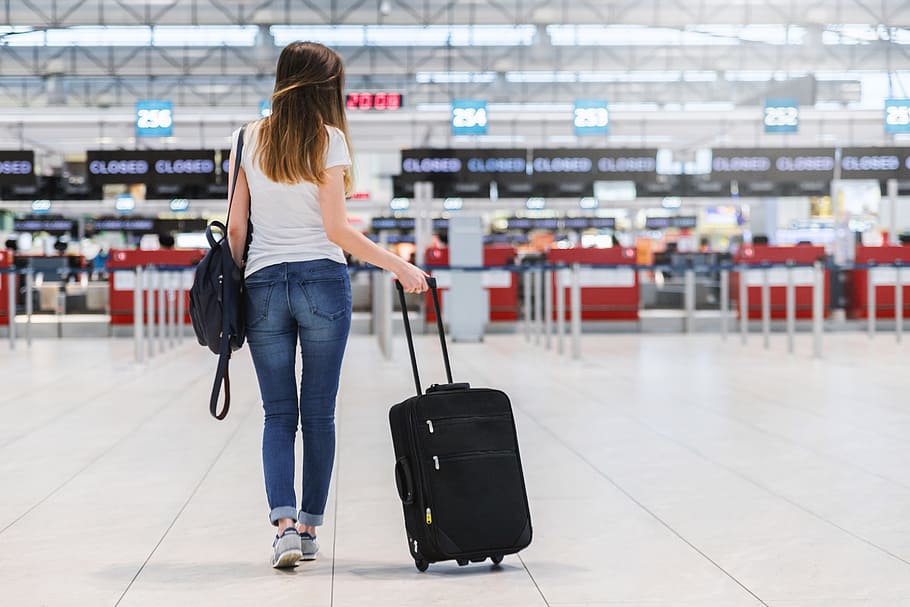
What Happens When Botox Wears Off?
When Botox begins to wear off, you might notice that your skin doesn’t feel as tight as before. This is because the botulinum toxin starts to break down, and your muscles start to regain their ability to contract. You might also notice that the wrinkles in your forehead or around your eyes become more visible.
Usually, the effects of botox will start to wear off after 3-4 months. However, this can vary depending on the individual. Some people may find that the effects last longer, while others may find that they start to wear off sooner. If you notice that botox results are beginning to wear off sooner than you’d like, you can always go back for another treatment.
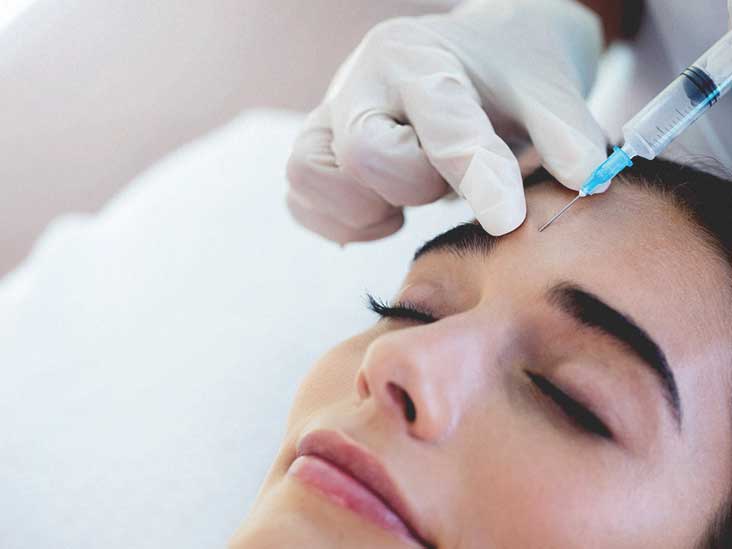
What if My Botox Results Are Not What I Expected?
1. Talk to your doctor: If you are unhappy with your results, you should first schedule a follow-up appointment with your doctor. They will be able to assess your situation and advise on what to do next. In some cases, they may suggest additional treatments or even a different type of treatment altogether.
2. Give it time: It’s important to remember that Botox takes time to work. In some cases, it may take up to two weeks for the full effects of the treatment to be visible. If you’re unhappy with your results after two weeks, schedule a follow-up appointment with your doctor.
3. Try another treatment: If you’ve tried everything and you’re still not happy with your results, you may want to consider trying another type of cosmetic treatment altogether. But, again, there are many different options available, so chances are there’s something out there that will suit your needs and preferences!
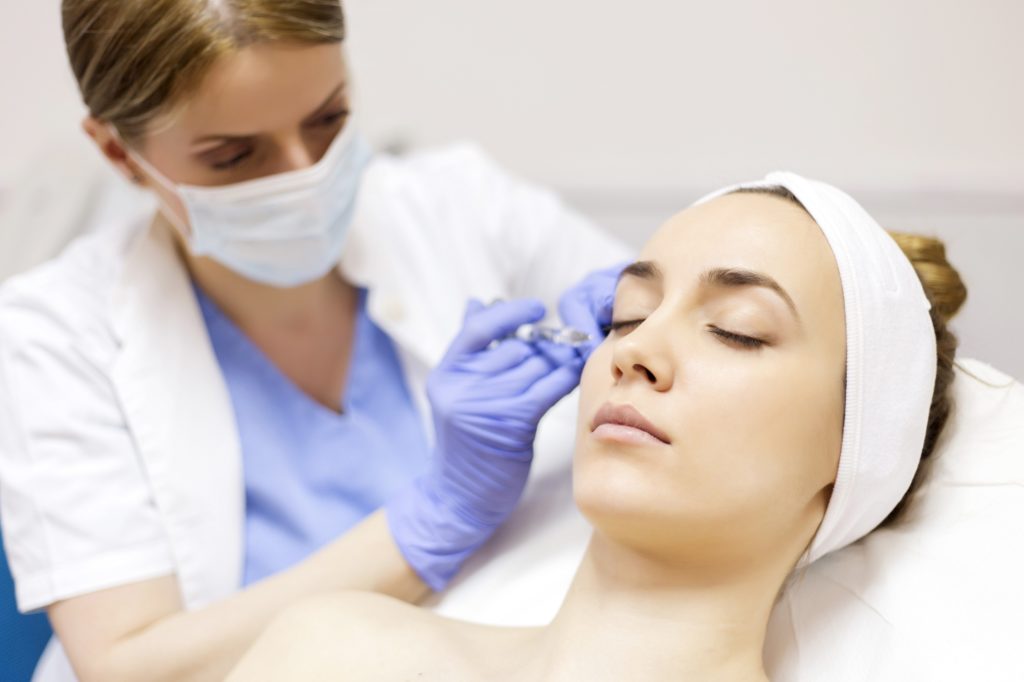
How Long Does Botox Last?
Factors such as the patient’s age, the type of wrinkles being treated, and the number of units injected affect how long botox will last. Typically, patients can expect to see results for 3-6 months. However, some patients have reported seeing results for up to 12 months.
What Are the Benefits of Botox?
In addition to smoothing out wrinkles, botox can also help to lift brows and minimize the appearance of fine lines around the eyes and mouth. Botox is also FDA-approved to treat migraines and excessive sweating under the arms (axillary hyperhidrosis).
Are There Any Possible Side Effects?
Side effects of botox are rare but can include bruising, swelling, redness, and pain at the injection site. These side effects typically resolve on their own within a few days.
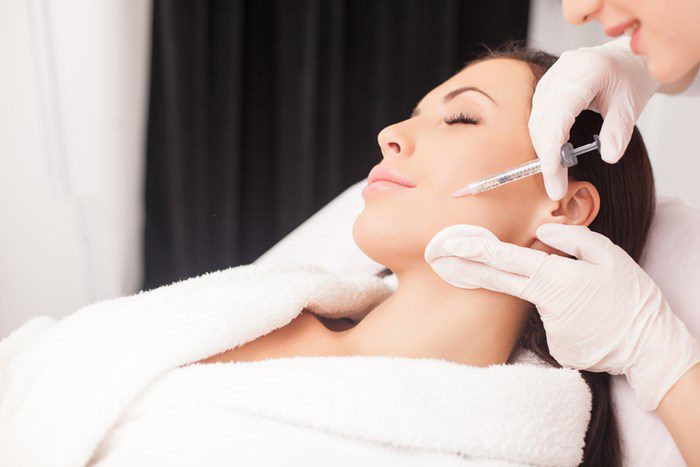
How to Prepare for Botox?
Step One: Choose an Experienced Provider
When it comes to Botox, you want to ensure you’re in good hands. Be sure to research providers in your area and read reviews from past clients. Once you’ve found a provider you’re comfortable with, schedule a consultation so that you can learn more about their experience and what they recommend for you specifically.
Step Two: Avoid Aspirin and Alcohol Before Treatment
Aspirin and alcohol can thin your blood and increase bruising and swelling after injection, so it’s best to avoid them for at least two weeks before treatment. If you’re taking medication for another condition, check with your doctor to see if it falls into this category.
Step Three: Arrive Fresh Faced for Your Appointment
You should avoid wearing makeup or skincare products on the day of your appointment. This is because botulinum toxin can spread from the injection site if exposed to bacteria on the skin, which can cause botulism poisoning. Additionally, your provider will likely need to cleanse your skin before injection.

How Long Does Botox Take to Be Effective?
Botox typically takes two to three days to take full effect. You’ll likely notice a visible difference in the appearance of your wrinkles within this time frame. Results vary from person to person, but most people enjoy the results of their Botox injections for three to four months.
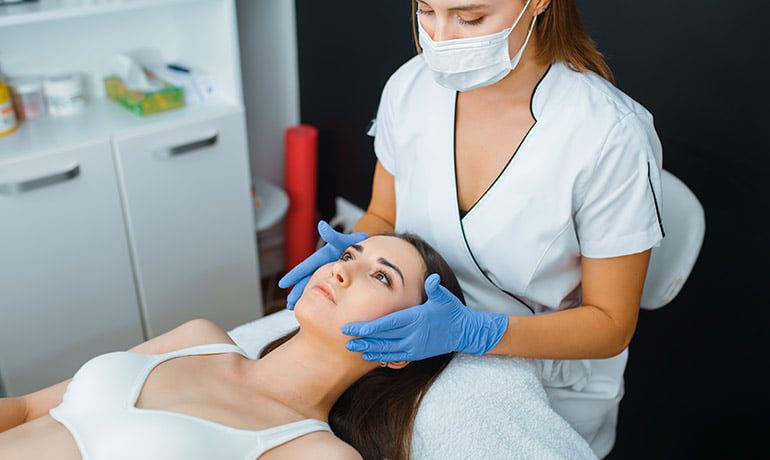
How Does Botox Work?
Botox is made from a purified protein derived from botulinum toxin, produced by the bacterium Clostridium botulinum. When injected in small amounts into specific muscles, Botox can block the nerve signals that tell those muscles to contract. This relaxes the muscles and reduces the appearance of wrinkles. The most common areas for treatment are:
- The forehead.
- Crow’s feet (the lines around the eyes).
- The space between the eyebrows.
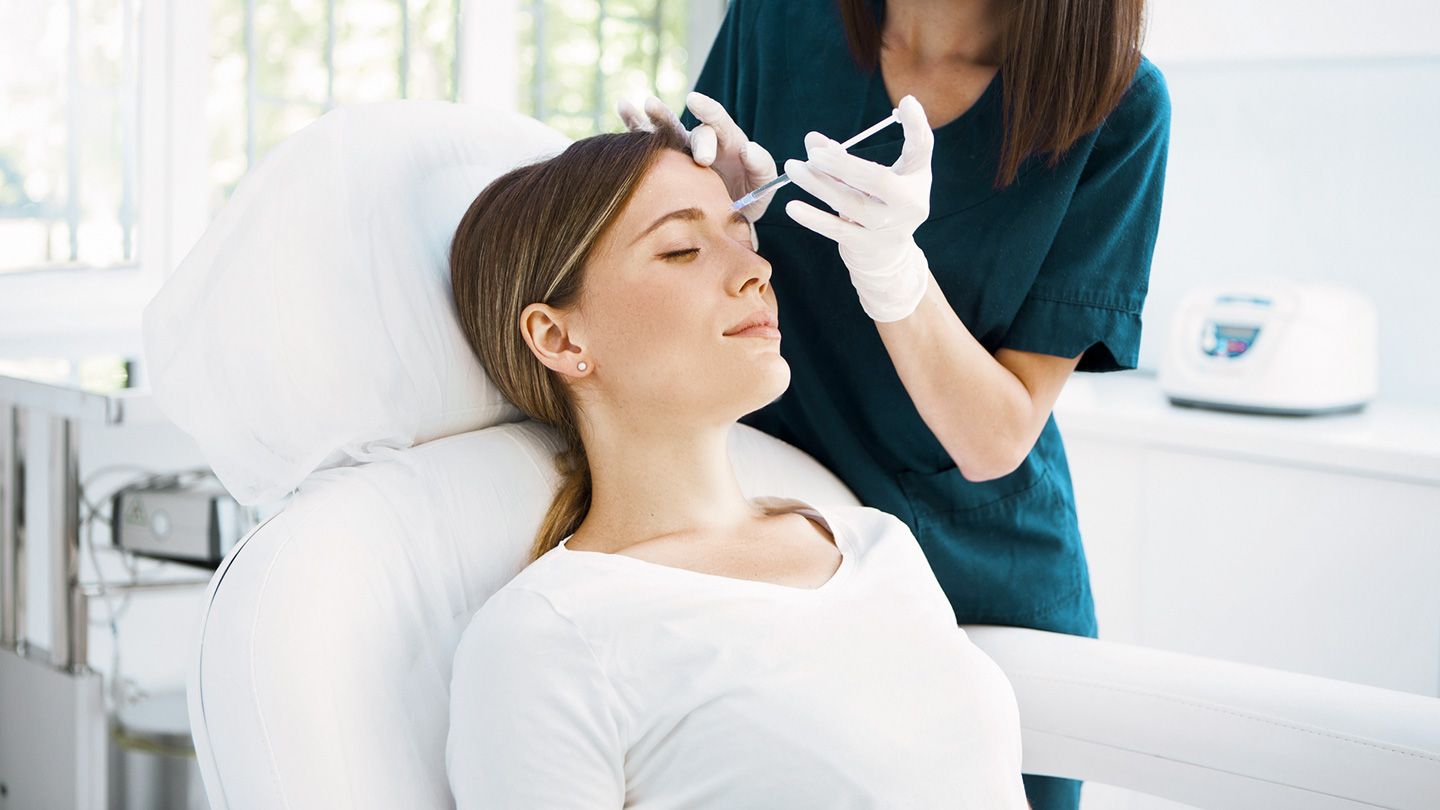
Final Thoughts
If you’re considering getting botox injections, you must know what you should avoid doing afterward to ensure successful results. Be sure to talk to your doctor about your treatment goals, avoid aspirin and alcohol before treatment, and arrive fresh-faced for your appointment. Botox typically takes two to three days to take full effect, and most people enjoy the results for three to four months. With proper care, you can enjoy your youthful appearance for even longer.
Frequently Asked Questions (FAQs)
What Can You Not Do After 24 Hours of Botox?
You should not lie down for at least four hours after your treatment, as this could cause the Botox to spread to other muscles. You also should not massage or rub the treated area for at least 24 hours, as this could cause the Botox to move to other muscles. Finally, you should avoid strenuous activity for at least 24 hours, which could cause bruising.
What is the Best Thing to Do After Botox?
After treatment:
1. Refrain from touching or massaging the injected region for four hours, especially during facials.
2. After treatment, refrain from the heavy activity for 24 hours.
3. Never lie on your front for the whole four hours.
4. Reduce activities like shoe buying to a minimum.
How Long After Botox Can You Wash Your Face?
How soon can I wash my face after getting Botox? After receiving Botox, you may immediately gently wash your face. However, you should refrain from facials, massages, and other treatments that apply direct pressure to the front for seven days after the surgery.
Can I Drink Coffee After Botox?
Alcohol shouldn't be consumed for the first 24 hours after therapy. Additionally, it's crucial to refrain from consuming excessive amounts of caffeine before and after your session. This will guarantee that you get the greatest outcomes possible.


